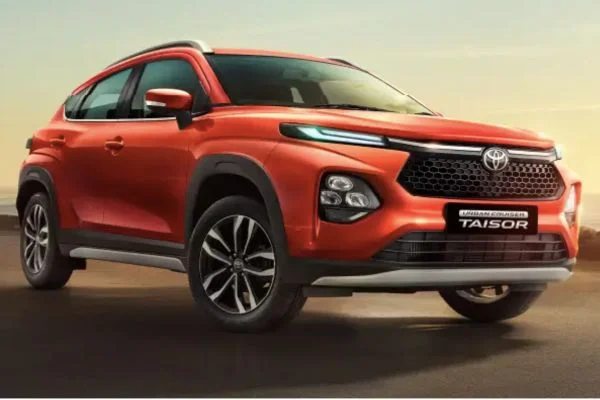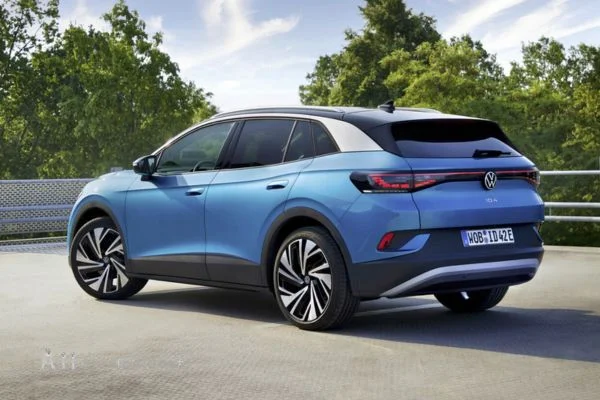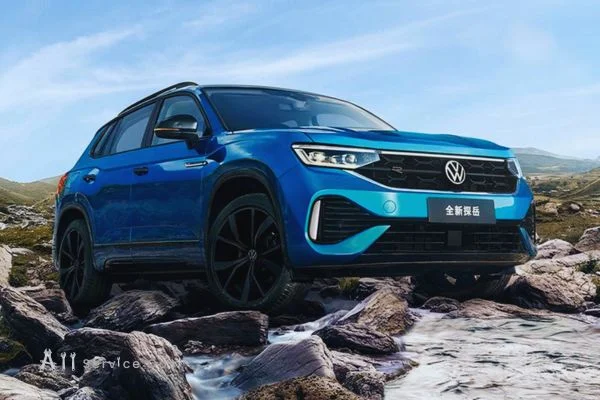51.7% of those surveyed believed that the government needed to upgrade the infrastructure for charging EVs to hasten the adoption of EVs in India. The main reason for the Indian buyer’s reluctance is the lack of a suitable charging infrastructure in their nation.
India’s highways will see a surge in the number of electric vehicles in the upcoming years. In 2023, the industry passed a significant sales milestone when it surpassed 1.5 million units.
Despite the government’s push in the form of various incentive schemes, EV adoption is still rather low, making up only approximately 1% of all automobile sales in the nation at the moment. Only a small percentage of Indian consumers have gone electric to date, meaning that the adoption of 4-wheeler EVs for private use is still quite low.
Consequently, what deters Indians from purchasing Electric Vehicles?
The absence of infrastructure for charging, according to results from an ET Online survey conducted before to Budget, is the cause. 51.7% of those surveyed said that the government needed to upgrade the infrastructure for charging EVs to hasten the adoption of these vehicles in India. The main reason for the Indian buyer’s reluctance is the lack of a suitable charging infrastructure in the nation.
“We expect the budget to allocate funds and incentives for the rapid expansion of EV charging networks, which will encourage public-private partnerships and streamline regulatory processes for quicker installations,” said MS Chugh, Aponyx Electric Vehicles’ founder and chairman. Grants for research and development ought to be given top priority to encourage advancements in battery efficiency and charging technologies. Funding should also go into public awareness efforts that debunk misunderstandings around the adoption of EVs.
He went on, “Working with state governments is essential to establishing a standardized method for developing EV infrastructure and promoting a unified and well-executed endeavor.”
“One of the biggest obstacles in the rapid adoption of EVs in India is lack of charging infrastructure, which leads to range anxiety,” stated Samarth Kholkar, co-founder and CEO of BLive.
Kholkar says the government should concentrate on three main areas to improve India’s infrastructure for charging:
Elevated Availability Reduced setup expenses raise consciousness on electric vehicles more financial incentives, such as tax credits, subsidies, and low-interest loans, must be provided to businesses and homeowners for the installation of charging stations to increase the number of EV charging stations. To build charging infrastructure, the government must also devise a strategy that expedites cooperation with private businesses, according to Kholkar.
He went on, “The government needs to promote solar-based charging to lower the installation costs of charging stations.”
2024 Budget: Lower EV taxes? Even though EV taxes in India are now quite low, a significant 27.1% of survey participants think that taxes should be lowered for EVs.
On making EVs more attractive to both buyers and manufacturers, Chugh said, “We expect the government to implement tax-related measures. Adoption rates can be greatly increased by offering tax credits or other financial assistance to consumers who buy electric vehicles. This is consistent with the opinions stated in the study, wherein 27.1% of participants recommended that taxes on electric vehicles be lowered by the government.”
Offering tax breaks, such as up to INR 1.5 lakh on the interest paid on the loan amount for EV purchases, is one of the survey’s noteworthy recommendations. This would not only lower the total cost of ownership for customers, but it will also strongly encourage prospective buyers to select electric vehicles (EVs) over conventional automobiles. Production-linked incentives can further encourage local cell manufacture, which will support an independent and sustainable electric vehicle (EV) ecosystem. This is especially true for sophisticated battery storage.
Incentives for manufacturers must be provided to encourage the auto industry’s transition to electric vehicle production. Additionally, tax breaks might be given directly by the government to EV buyers.
Kholkar proposed that the GST on batteries be lowered from 18% to 5%. A drop in EV prices for customers, making them more affordable and cheap for a wide range of consumers. Reducing import customs duties as well as Certain EV replacement parts will allow producers to devote more funds for research and development to raise the general standard of EVs.
Budget: EV manufacturers’ incentives A solid 11% of respondents believe that encouraging automakers is also necessary to support India’s significant EV drive. In the upcoming interim budget on February 1, the government is likely to adopt an extended third phase of the incentive scheme for electric vehicles. A senior government official who talked with ET said that the goals of this upgraded phase are to support alternative fuels and mass transit. A significant amount, estimated to be in the range of INR 10,000–12,000 crore, is anticipated to be included in the budget for the third phase of the Faster Adoption & Manufacturing of Electric Vehicles (FAME) program.
Chugh stated, “EVs would become more affordable and enticing to Indian consumers if the GST on EV components was reduced. A smooth transition from FAME II to FAME III is also necessary for the continuation of industry expansion, as is the extension and reinforcement of the FAME subsidy scheme.”

Safety Concerns
Safety 10.2% of poll participants are still concerned about EV safety. The necessary impetus for the sustainable expansion of the electric car ecosystem in India will come from a holistic budgeting approach that includes state-level collaboration, infrastructural incentives, R&D funding, GST reductions, subsidy extensions, and awareness campaigns.
For India’s domestic EV market, the Economic Survey of 2023 predicted a remarkable Compound Annual Growth Rate (CAGR) of 49% between 2022 and 2030. By 2030, it is anticipated that this growth trajectory will produce an approximate yearly sales volume of around 10 million units.
We hope your query was resolved for Poll on the Budget 2024:What keeps Indians from purchasing electric vehicles? Don’t forget to share your thoughts with us in the comment section.



